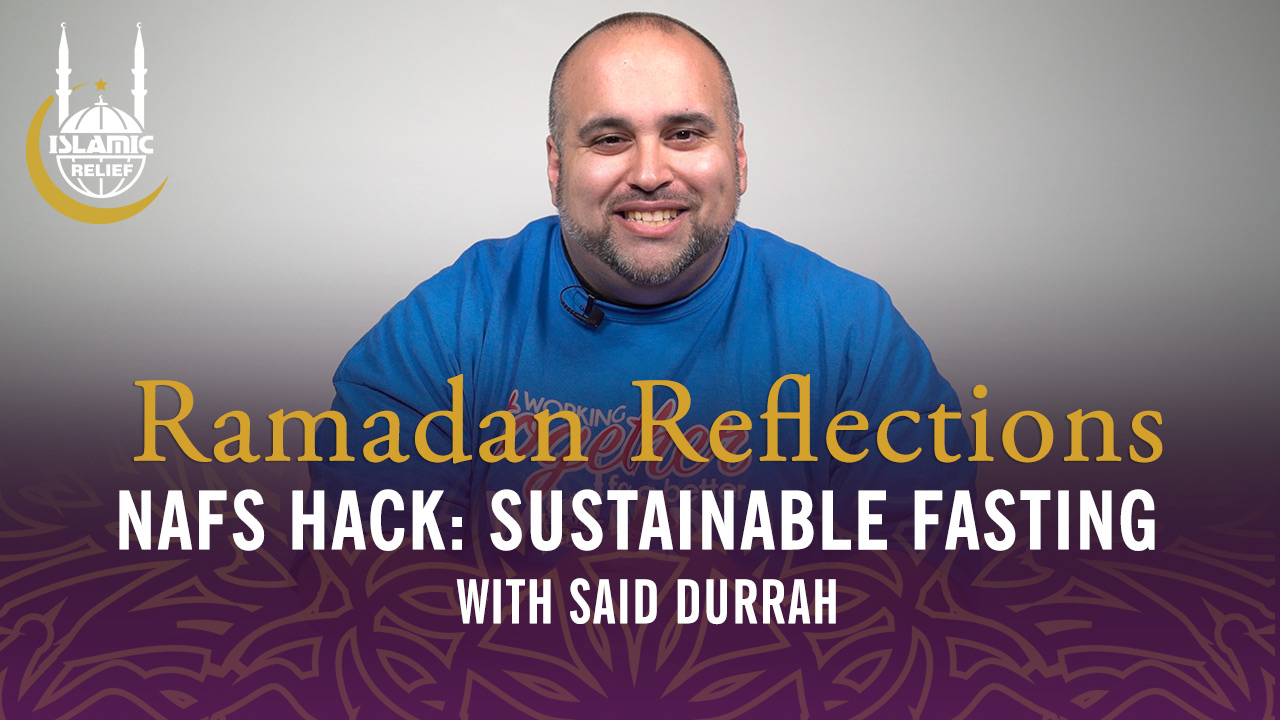Islamic Relief USA’s Goals Centered On Compassion and Social Justice
The following is a guest blog post by Amna Amin, an intern with Islamic Relief USA’s Public Affairs department.

Muslims have been in the United States since the 1600s, as many people who identified with the Islamic tradition were among those taken across the ocean via the atrocities of the slave trade in Africa. Of the slaves brought over, approximately 15% were Muslim. Even more had contact with Islam before coming to North America.
Consequently, Islamic values became embedded within the earliest culture of the United States. In fact, Thomas Jefferson, one of our founding fathers, owned a Qur’an and even wanted to specifically mention Muslims and their religious freedom in a Virginia statute.
Despite the long history of Muslims within the United States, many still seem to think of the two as disparate, and perhaps even antithetical, entities. Part of the job of the Public Affairs team at Islamic Relief is to address those kinds of misconceptions and demonstrate that Muslims are vital and proud members of American society who contribute to positively to American civil society.
People are listening to Muslim voices, and IRUSA’s advocacy . Recently, over 200 guests attended the 9th Annual Capitol Hill Eid Reception. These attendees included members from partnership non-profits like Bread for the World, staff from various congressional offices, and members of Congress ike Hank Johnson, Dan Kildee, Raja Krisnamoorthi, Sheila Jackson Lee, and Rashida Tlaib.
As an intern attending the event, it was incredibly exciting for me to even just briefly meet these elected officials. Oftentimes, Muslims are bombarded with negative news that can make us feel like our representatives in government do not care about us. However, the attendees and the over 30 letters of support from members of Congress sent a strong message that Muslims are a valued part of the American community, and people recognize that and are listening.
As Representative Rashida Tlaib began her speech at the event, the room buzzed with excitement. People were attentively listening, even though most were tired from a long day at work. I couldn’t help but get caught up in the excitement. It was great not only to hear about people appreciating Muslims in the United States, but it was also incredible to see a Muslim woman in a position of power giving an inspiring speech.

Her speech reminded us not to see Muslims as a monolithic group, but rather as a community made up of different experiences that have been entwined in American history since its beginnings. We should make sure to work in coalition with these various groups and not leave behind the most disadvantaged voices.
Congresswoman Tlaib’s message also showed the importance of Muslims advocating on different issues that affect all of humanity such as anti-poverty measures, food security, and water sanitation. These issues affect the communities that we are a part of, and we have a duty to help them.
One important lesson I am learning from my internship at Islamic Relief USA is that my Muslim faith does not only have to be a factor in my interest in issues related to counterterrorism or the Middle East; it also can drive my desire to advocate for better education, welfare measures, and other critical humanitarian goals.
IRUSA is embodying the Islamic idea of compassion and social justice in the humanitarian work it is doing across the United States. The organization is proving that Muslims care about different issues and are part of civil society. The support shown at the recent 2019 Eid reception proves that people in power are recognizing Muslim voices.
Amna Amin is an intern with Islamic Relief USA’s Public Affairs Department.



